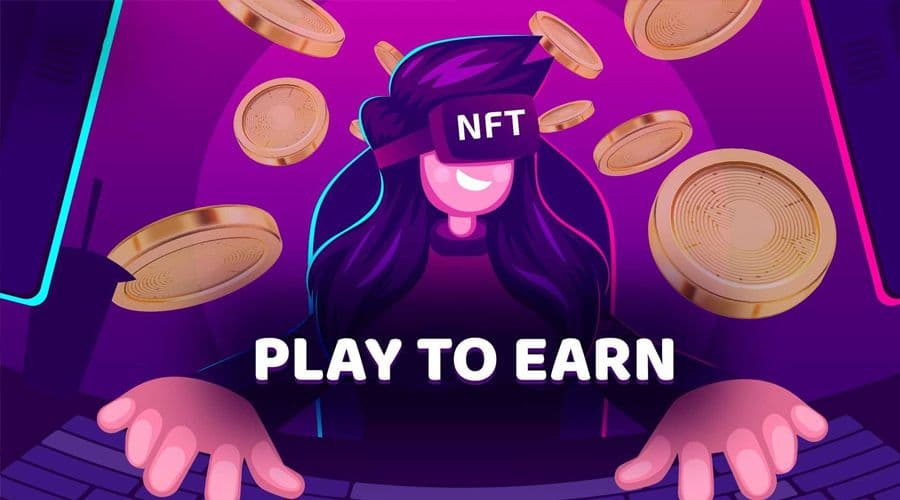In an ever-evolving landscape where blockchain and gaming intersect, Emberlight steps in to address the hurdles hindering the growth of web3 games. Led by veterans like Rudy Koch - from both the gaming and finance sectors - Emberlight aims to simplify complexities, foster innovation, and empower game developers for success.
In this article, we will cover how Emberlight aims to tackle the challenges faced by game developers in entering the web3 space, including tech fragmentation, tokenized economies, and advanced monetization mechanics.

The complexities surrounding web3 games have been a hot topic in the gaming industry, with many stakeholders expressing concerns over the daunting challenges faced by newcomers. With the surge in interest and investment in web3 gaming, the pressure to overcome these obstacles has never been higher.
Tech Fragmentation
Over the past five years, the primary focus of capital and innovation has shifted towards web3 infrastructure, witnessing a notable increase in the number of blockchains from 3 in 2018 to over 50 presently. Alongside this growth, there has been a proliferation of wallets, on/off ramp solutions, marketplaces, payment processors, KYC/AML services, and more.
These components play a crucial role in the development of web3 games, contributing significantly to industry advancement. However, the abundance of options has resulted in a fragmented market, characterized by numerous tech providers competing for attention.
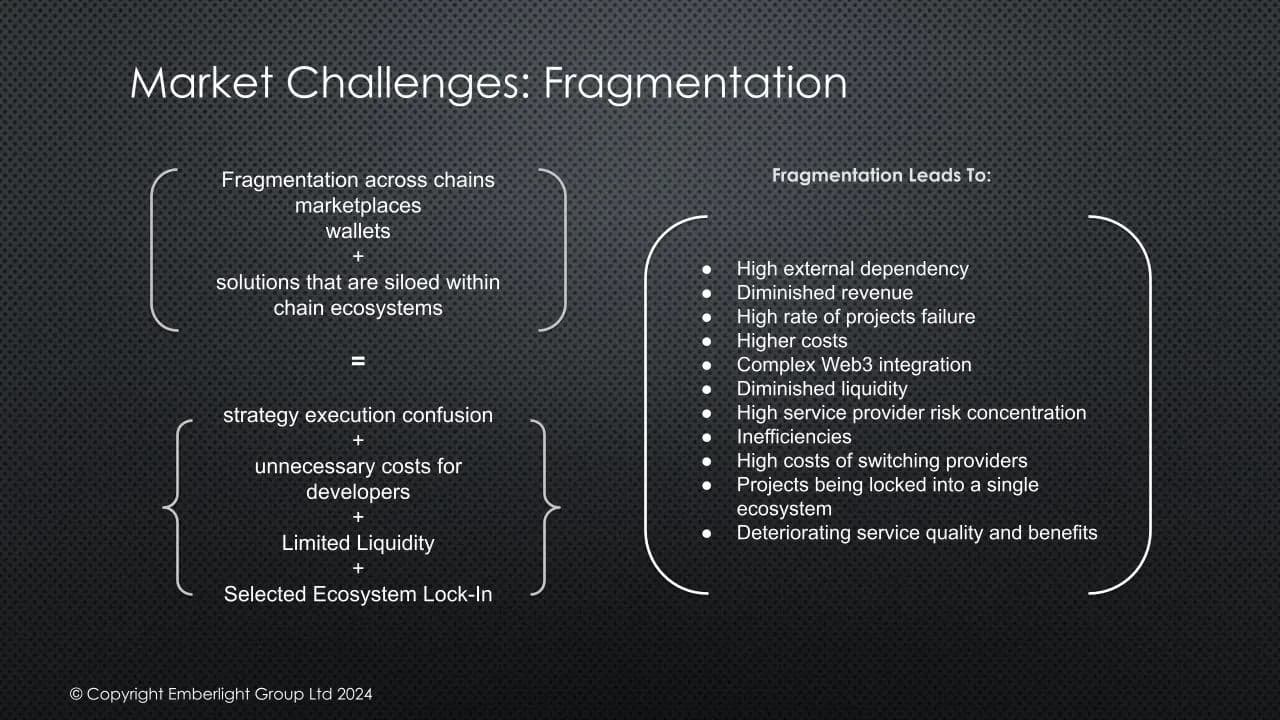
This fragmentation presents challenges for game developers, who find themselves tasked with evaluating various blockchains, wallet types, payment processors, and KYC providers. Navigating this intricate ecosystem can be overwhelming and costly, potentially impeding developers' ability to establish sustainable projects.
Moreover, the risks associated with selecting a specific ecosystem are substantial. In a fragmented market, developers face the risk of being left stranded if their chosen platform encounters setbacks or suddenly disappears, as exemplified by instances like Terra Luna and Com2us.
For game developers operating within limited budgets, these risks pose significant barriers to entry into the web3 space. Addressing these challenges remains a primary focus for Emberlight, as they endeavor to support developers in navigating the complexities of the evolving tech landscape.
Token Economies
Item-based economies have long been a staple in gaming, predating the emergence of blockchain technology. However, the shift to open, porous, scarcity-based tokenized economies in web3 represents a significant departure from the closed, free-to-play, inflationary models of the past. These new economies resemble financial markets more closely than traditional game economies.
In this tokenized environment, game developers are required to understand and manage volatility, value, and liquidity. Engaging with market makers, over-the-counter (OTC) markets, and trading desks, as well as grasping the fundamentals of supply and demand economics, are essential for sustaining a viable treasury and economy.
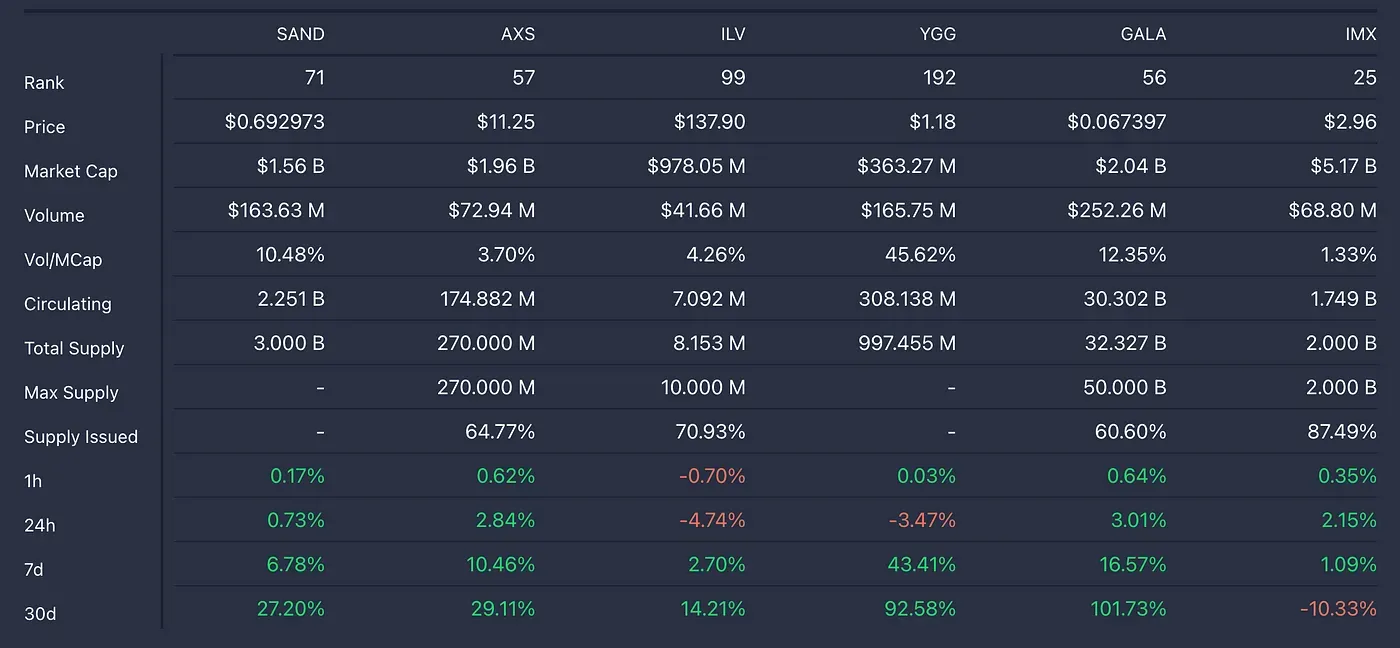
These concepts often fall outside the expertise of the average game developer, yet they are fundamental to the success of web3 game economies. Managing tokenized game economies demands proficiency in financial markets and a deep comprehension of supply and demand dynamics.
Unfortunately, many game developers invest considerable effort in crafting their games only to face uncertainty when it comes to their tokenized economies. The likelihood of success in such scenarios is notably low.
The intricate nature of tokenized economies, coupled with the regulatory complexities they entail, presents a formidable barrier to entry for game developers venturing into web3. Emberlight aims to bridge the worlds of finance and gaming, offering the requisite expertise to navigate these challenges effectively.
Monetization Mechanics
The complexities inherent in web3 not only affect game developers but also impact gamers directly. Blockchain has introduced novel and potent monetization mechanics previously unseen in gaming, such as staking and rewards, node ownership and delegation, and fractional ownership. These mechanisms have proven highly effective in fostering community building, enhancing engagement and retention, and driving net accretive growth for games.
However, one of the challenges lies in the accessibility of these features to mainstream gamers. Current experiences, like staking through a dashboard as seen in Axie Infinity, are tailored to individuals with a background in cryptocurrency. They are not designed for the broader gaming audience and require simplification to become more inclusive.
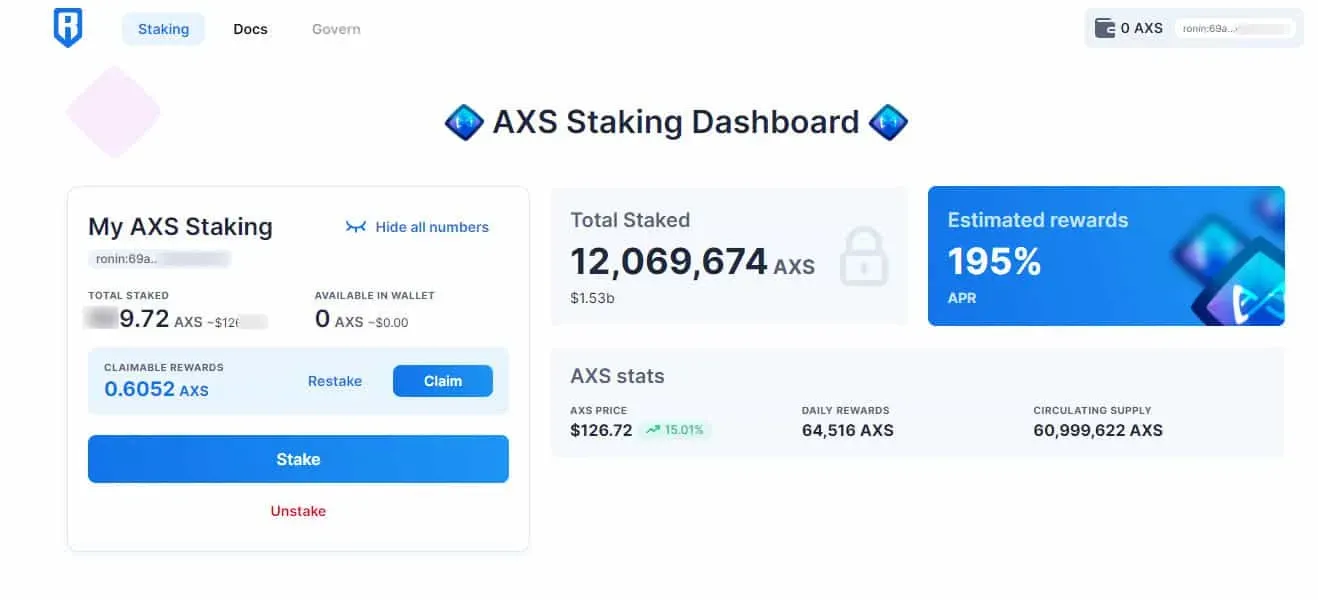
Unlike in web2 games, where monetization is seamlessly integrated into the player experience, web3 monetization mechanisms often introduce friction. Over the decades, the gaming industry has refined its approach to minimize friction and maximize revenue, seamlessly blending monetization with gameplay.
Moving forward, the evolution of web3 will necessitate simplifying and integrating these new monetization and growth mechanisms. They must be user-friendly enough for game teams to implement and for gamers to engage with effortlessly, and seamlessly integrated into the gaming experience.
While web3 offers unprecedented growth opportunities for the gaming industry, unlocking this potential requires overcoming the barrier of complexity. At Emberlight, efforts are focused on developing tools to empower game developers with the growth opportunities unique to web3.
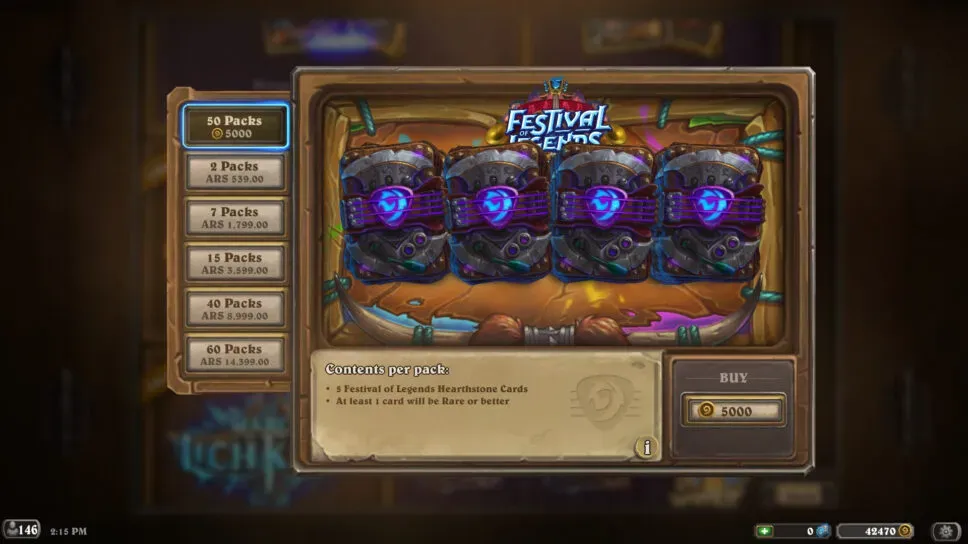
Introducing Emberlight
Introducing Emberlight, a groundbreaking initiative led by seasoned professionals from the gaming and Wall Street domains. The leadership team at Emberlight boasts decades of collective experience, having contributed to renowned titles such as World of Warcraft, Call of Duty, and Club Penguin, alongside holding executive positions at prestigious investment banks like Credit Suisse and Goldman Sachs.
Spearheading the Emberlight team is Rudy Koch. Rudy has been a key leader and advocate in the web3 games space since 2018. He founded Mythical Games in April 2018 which played a crucial role in the evolution of digital tokenized economies in games. Rudy has played a key role in driving the growth of web3 games globally, particularly with a focus on the UAE as a key advisor to local regulators, government institutions, and the royal family. Rudy was also one of our jury members for the 2023 GAM3 Awards!

Final Thoughts
Emberlight aims to bridge the worlds of gaming and finance to address the three primary barriers confronting game developers entering the web3 arena. Recognizing the challenges posed by tech fragmentation, tokenized economies, and advanced web3 monetization mechanisms, the team leverages its comprehensive understanding of both industries. Their objective is to develop innovative technological solutions that empower the next wave of top-tier game developers to succeed in web3.
In the forthcoming months, Emberlight invites stakeholders to explore cutting-edge technology in development, learn about the talented game teams involved, and discover the distinctive strategies employed to tackle these challenges. Check out the Emberlight website here and follow them on Twitter to stay updated on their progress!
This article was inspired by an original blog post, you can read the original write-up here for more information.



